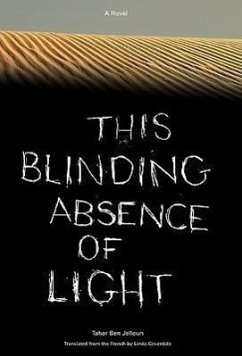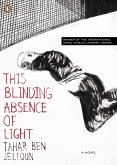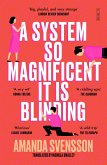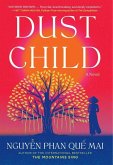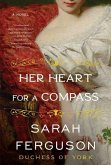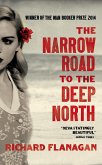"In this deeply moving novel," says L'Express, "Tahar Ben Jelloun has chosen imagination as the response to inhumanity - the art of writing as the ultimate liberation." He tells the appalling story of the desert concentration camps in which King Hassan II of Morocco held his political enemies. Not until September 1991, under international pressure, was Hassan's regime forced to open these desert hellholes. A handful of survivors - living cadavers who had shrunk by over a foot in height - emerged from the six-by-three-foot cells in which they had been held underground for decades. Working closely with one of the survivors, Ben Jelloun eschewed the traditional novel format and wrote a book in the simplest of language, reaching always for the most basic of words, the most correct descriptions. The result is "a great novel," according to Le Monde, and what Les Echos calls "a book of universal import, addressing all the horrors, past and doubtless future, that man has inflicted on his fellow men."

